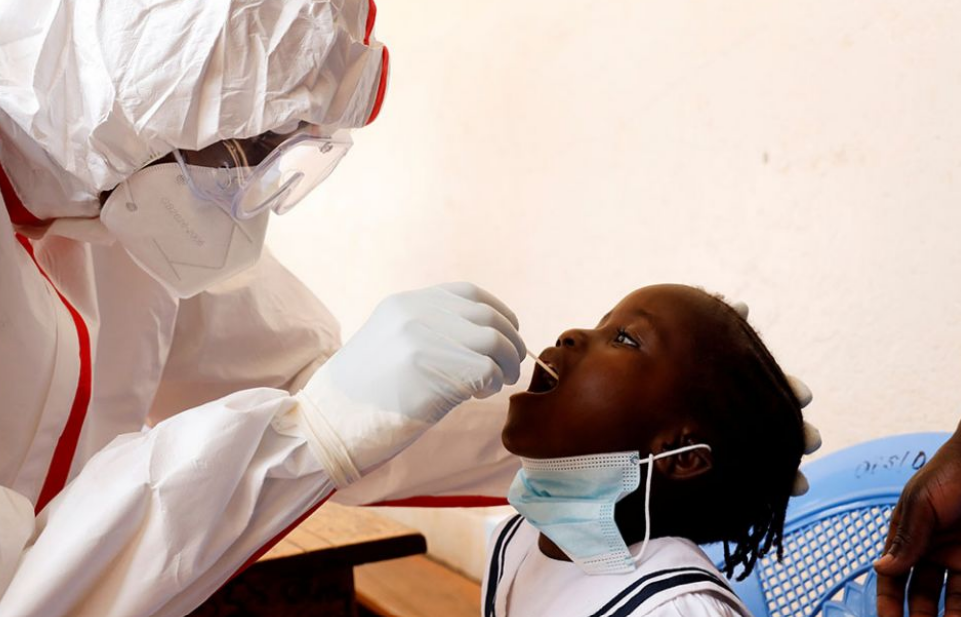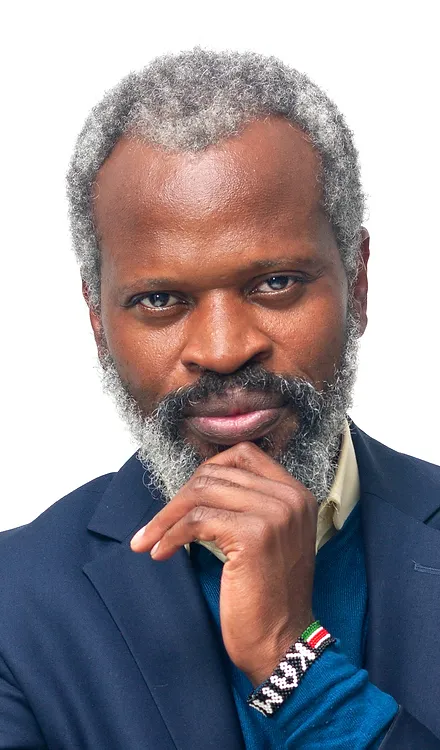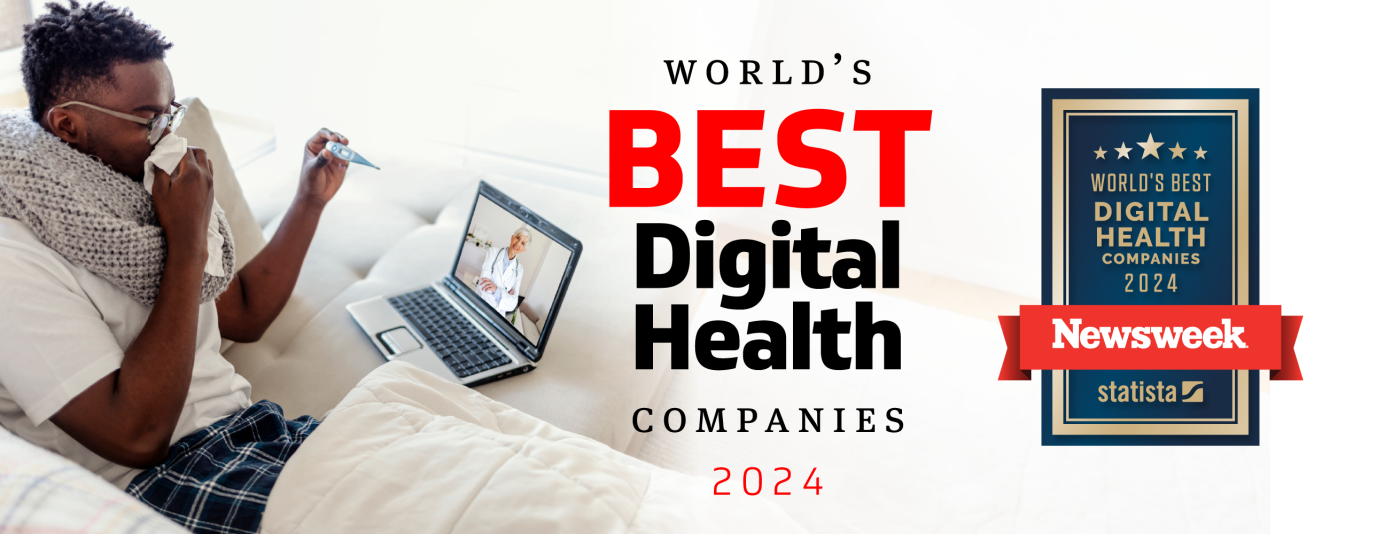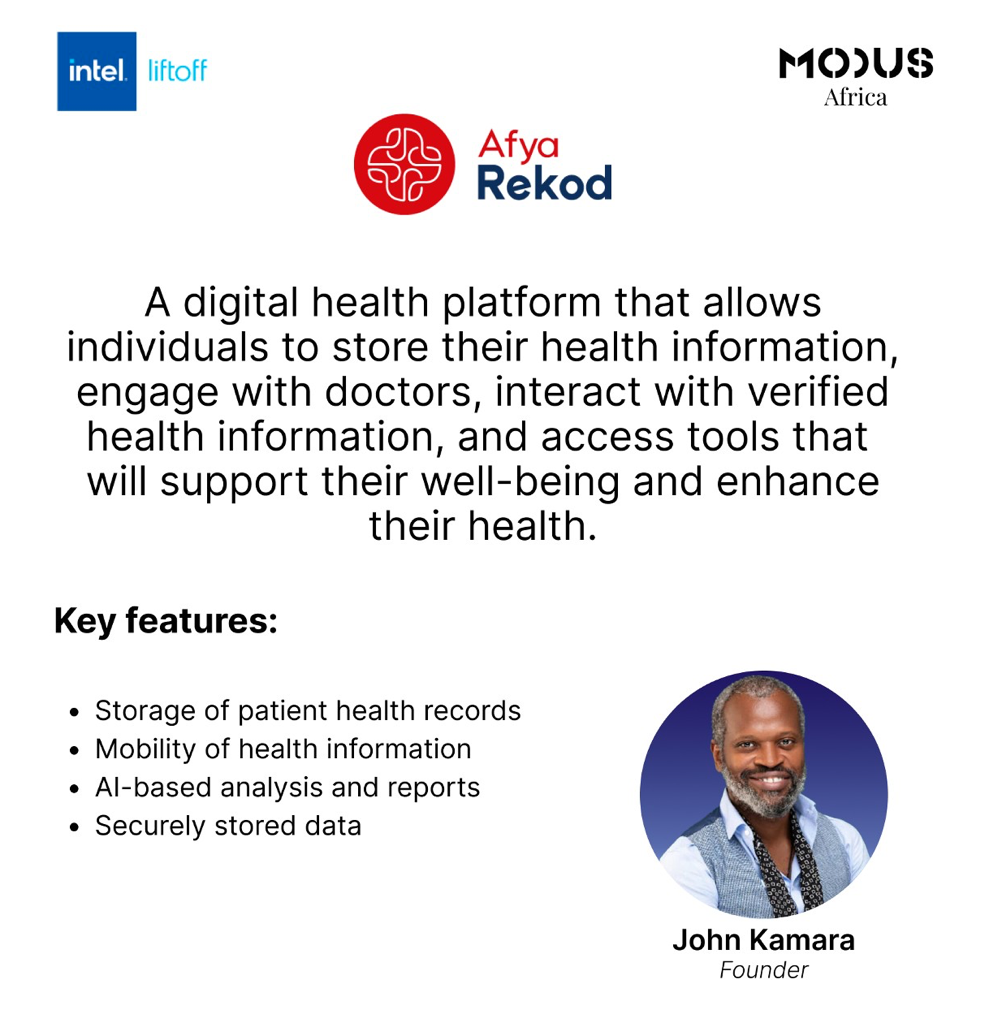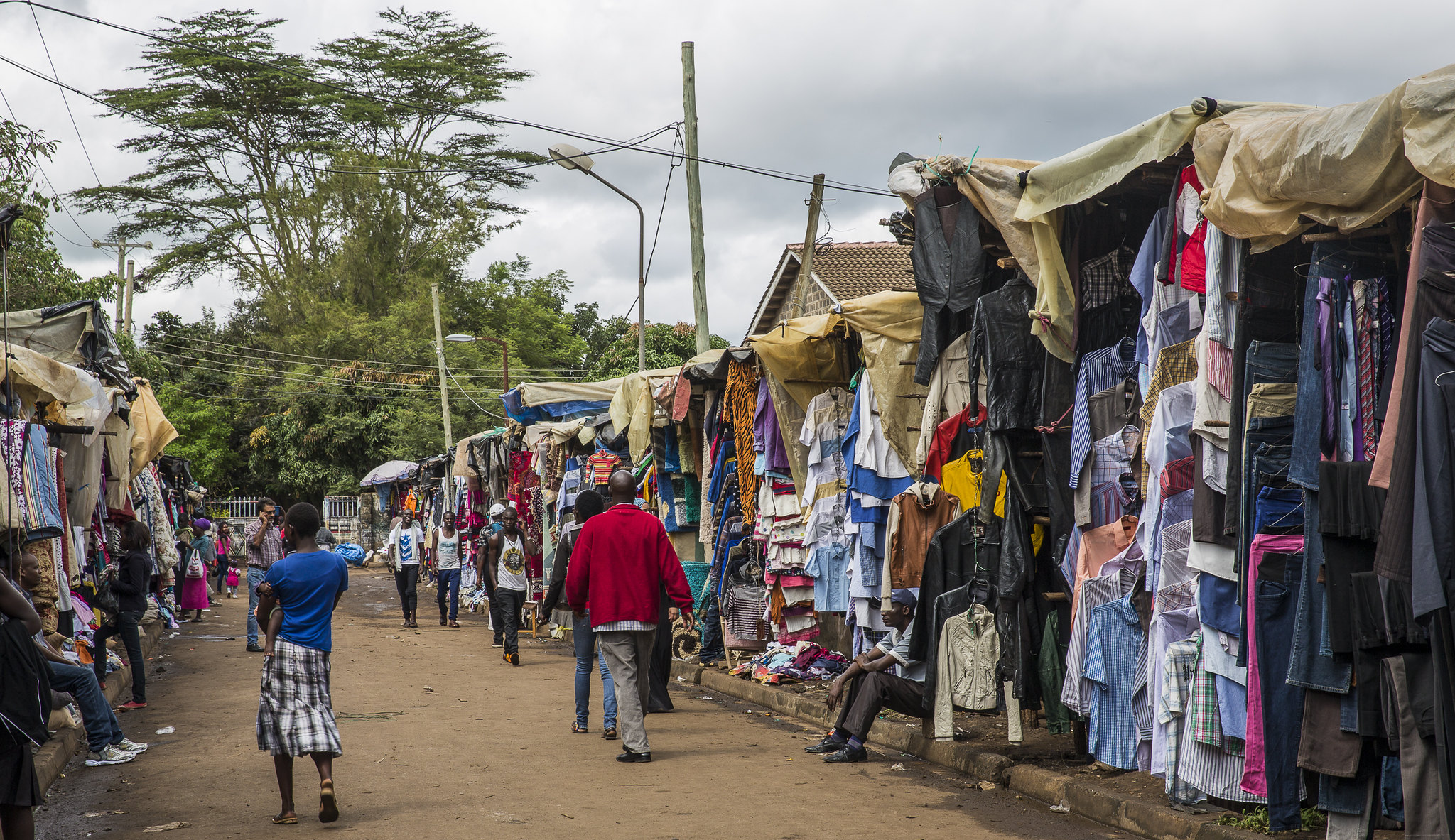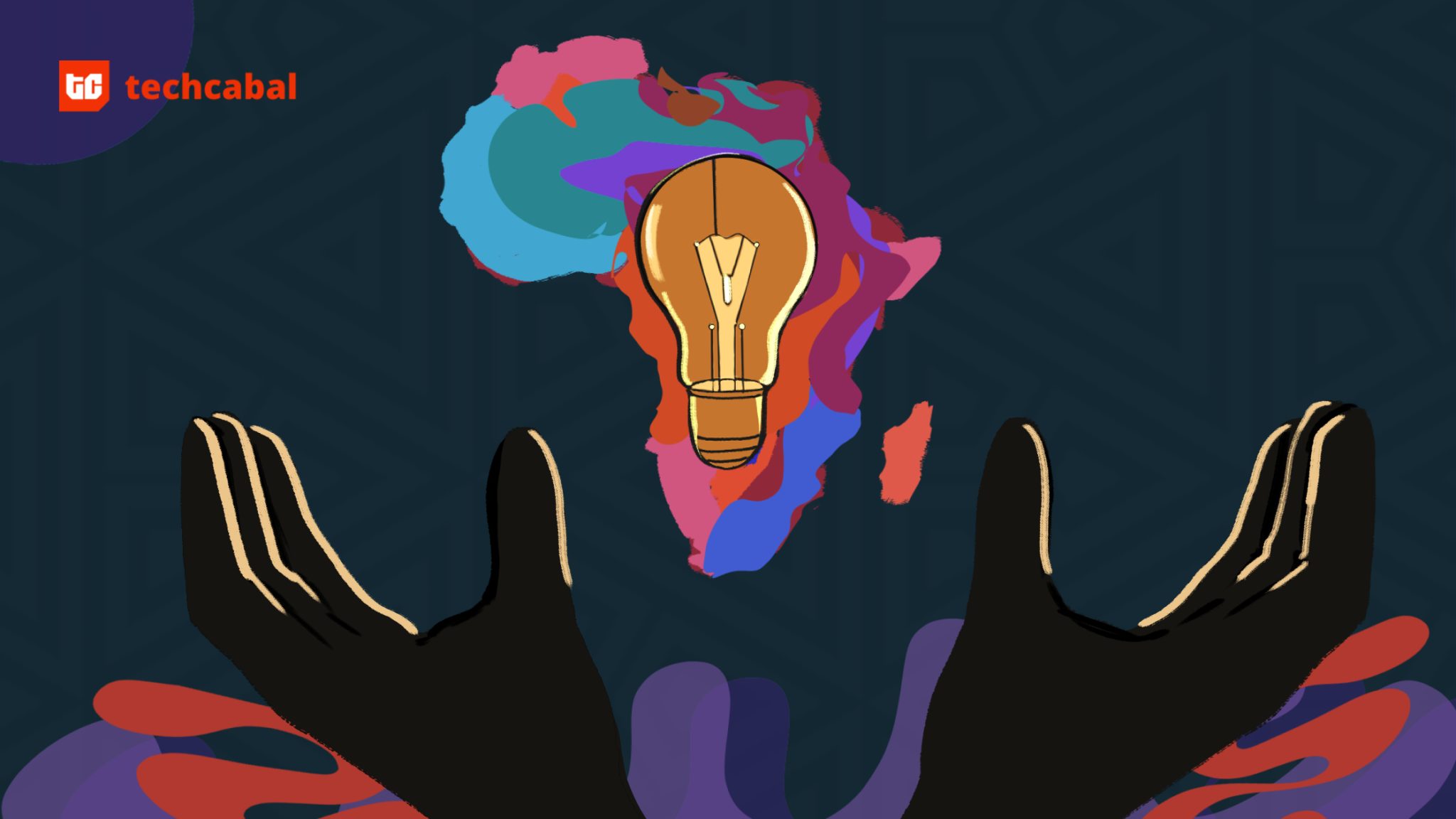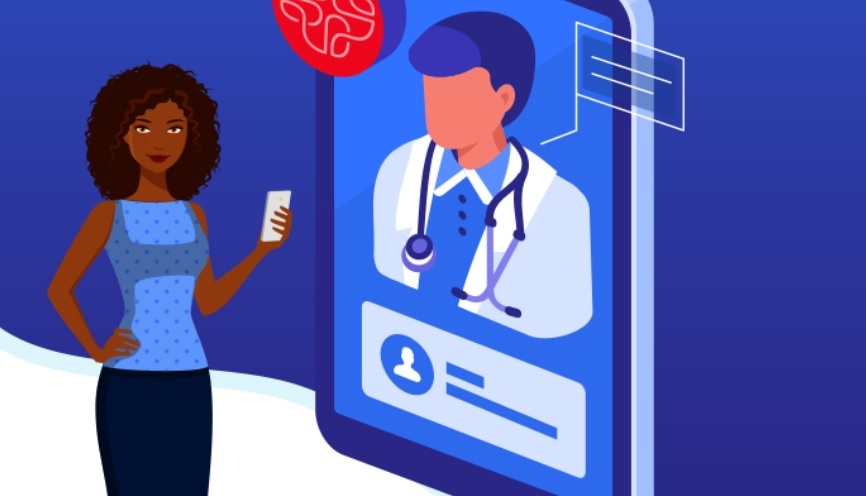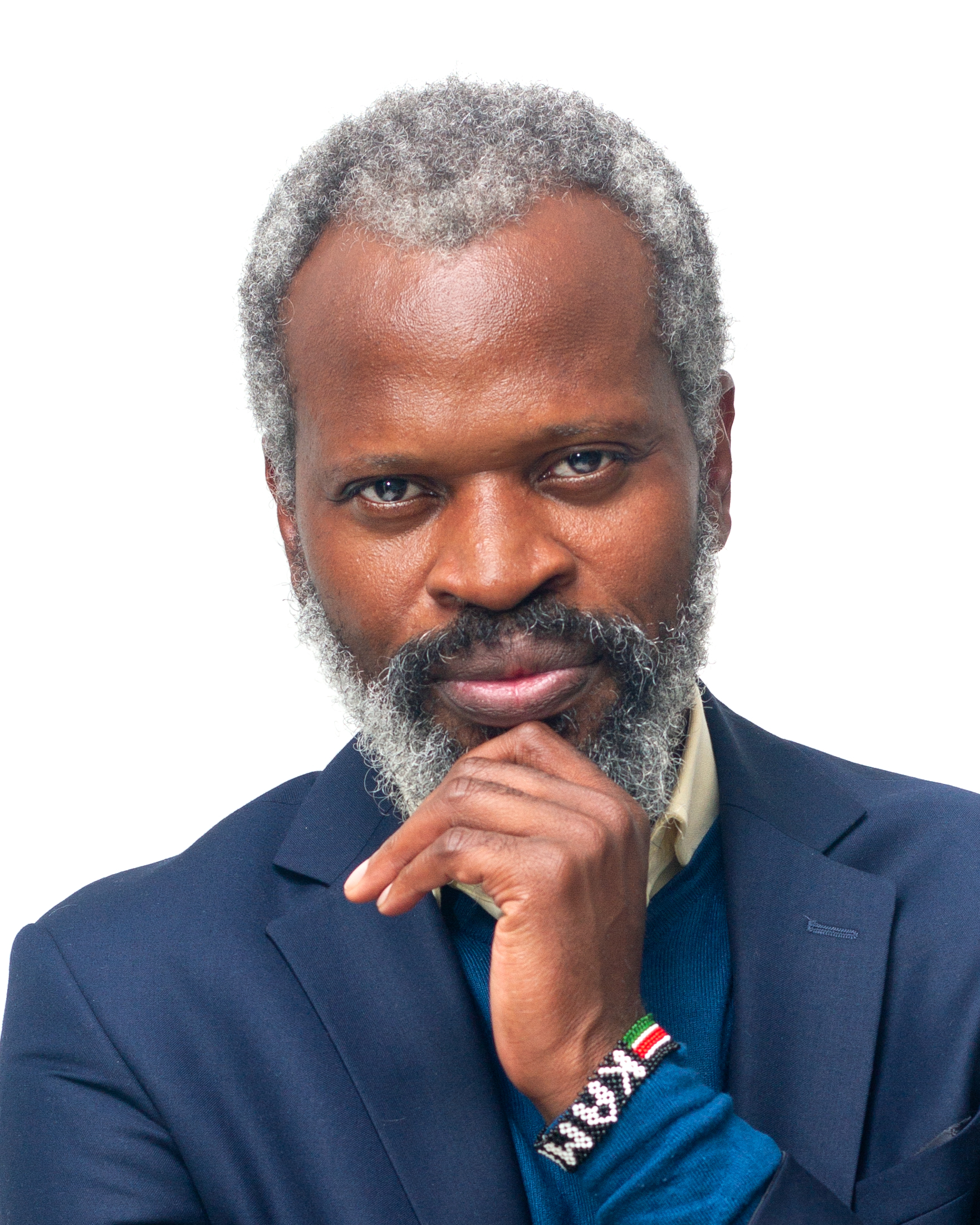On March 13, the first COVID-19 case was announced in Kenya. Days later, the president directed that all schools be closed, and that offices allow their staff to work from home when possible. All of us went home. The hardest thing for us was not in following the hygienic measures, but just in trying to work from home to prevent the spread of the disease — protecting families, communities and ourselves. This was not so for the medical personnel. As we all experienced intensified anxiety, uncertainty, fear, loss and emotional instability, they remained like soldiers, giving hope to everyone.
For them, it was like waking from a nightmare, where others are running away from a monster, but you decide to turn around and face it. I think our health professionals are strong people who will always give you hope, even when they are certain that nothing can change your situation. But, they are human too.
With the pandemic, they were sure to be on the frontlines, and they were fully aware they would be at risk, not only them, but their families too. They faced an enemy that could not be stopped by traditional means, as many of us thought. The medical staff were left as the only soldiers on the battlefield, and many of them didn’t have the right personal protective equipment.
For that reason, The Association of Sisterhoods in Kenya continued to plan for how to help sisters and health workers in the health sector. As the pandemic continued, and lockdowns were enforced and COVID-19 fears intensified, the physical and emotional effects of heightened stress caused many of us to grow increasingly fatigued, lose motivation and have more intense reactions to frustrations. This has been even worse for the frontline health staff, including the sisters. I can only imagine their fear that every evening or morning they would go home thinking they were infected, and could easily pass it on to their families.
The Catholic Church in Kenya, through the dioceses and congregations of religious men and women, provides health services through a network of 65 hospitals, 90 health centers and 300 dispensaries managed by sisters. Catholic sisters are global leaders in sustainable human development, and their reach is vast.
For a long time, sisters have carried on community-based outreach programs as part of their robust pastoral works. Most of the health facilities are within small communities, and not in towns. In the early days, infections were imported so detection, management and quarantine processes were under the national government; higher levels of health facilities were equipped for this function.
As the infection became localized, treatment and all procedures were directed to the counties, the community and families. The preparedness to manage such highly contagious infection was a big challenge for the sisters, especially at the more local levels, or in smaller facilities. The protocols and the management directives and guidelines are expensive to get and sustain, especially for personal protective equipment; isolation is especially difficult for families who live in single rooms.
During the pandemic, fewer patients come to the dispensaries, and therefore they have less income. Later, on July 6, the lockdown was lifted and the responsibility for (and the burden of) the disease was placed on Kenyans. July and August could be the worst in the fight against the infection, given the worsening economic situation, with the sisters lacking basic needs like everyone else.
To manage the situation, we had to change the way we offered health care services to our patients — who were at that point afraid to visit the health facilities. Before the pandemic, the sisters could visit the patients, especially the old and the chronically ill, and provide home services. With the pandemic, this became impossible. The lockdown seriously affected health services, including the capacity of the providers, their preparedness to address the infection and control the spread of the disease, their limited ability to give psycho-spiritual care to individuals and their families, and the lack of personal protective equipment.
Apart from the quick and terrifying spread of this disease, it is very antisocial and is creating stigmas that have disrupted families and communities; this may be with us long after the pandemic. Those who recover have a problem coming home because people run away from them. Sisters must learn the skills needed to reduce the stigma and heal families, individuals and communities.
Prudently, we need to prepare the sisters at the grassroots level or the work ahead of them. Health data collection done by hand has been always a tedious process, but purchasing a health system for lower level health facilities is expensive. With a newly created medical data storage system from Afya Rekod (a Kenyan startup company) we are hoping sisters can generate their health facility data quickly and accurately for improved health outcomes.
Including patients in their own health care process and management makes the patients be more responsible for their own health and well-being, and that of their families. Patients are also able to earn money for their health bills through their full participation in healthy lifestyle learning and health research. Practitioners will be able to follow their patients without them having to come in during the pandemic.
We signed an agreement to carry out a pilot project which started on Aug. 17, to run for 10 weeks, and the official launch to follow at a date to be determined. A needs assessment was conducted to understand the level of knowledge and availability of internet and ICT (information and communications technology) equipment in 33 health facilities. The facilities participated with a group of health record officers on the ground to install the app and train the sisters on data entry.
Due to the situation at the grassroots level, it has taken time to launch the project. However, in our needs assessment survey, we discovered that some health facilities had no computers, and others no network. Afya Rekod has supplied 5 facilities with laptops and data bundles for all the health facilities. Currently we have 39 health facilities in the project.
With the infection now at its peak within the community, the sisters need this help to respond effectively and efficiently. This new technology will help those with chronic illnesses. Patients will be able to receive health education materials through their phones, and the sisters will be able to generate real-time accurate data for improved outcomes. Currently, we have 45,076 people who are infected with the coronavirus, 33,084 who have recovered and 839 who have died. This could not come at a better time. And in spite of the challenges, we are excited about this new adventure.
[Sr. Regina Nthenya Ndambuki is a member of the Sisters of St. Joseph of Mombasa. A nurse and a psychological counselor, she worked in dispensaries in different dioceses, then served as the diocesan health coordinator for five years. At present she is working with the Association of Sisterhoods of Kenya as a coordinator for the ASOK units. The 25 units include all sisters in every Catholic diocese in Kenya, totaling over 6,000 sisters in Kenya.]
More reading: Kenyan healthcare startup to launch AI, blockchain-driven platform in support of global efforts to curb Covid-19
Source: Global Sisters Report
